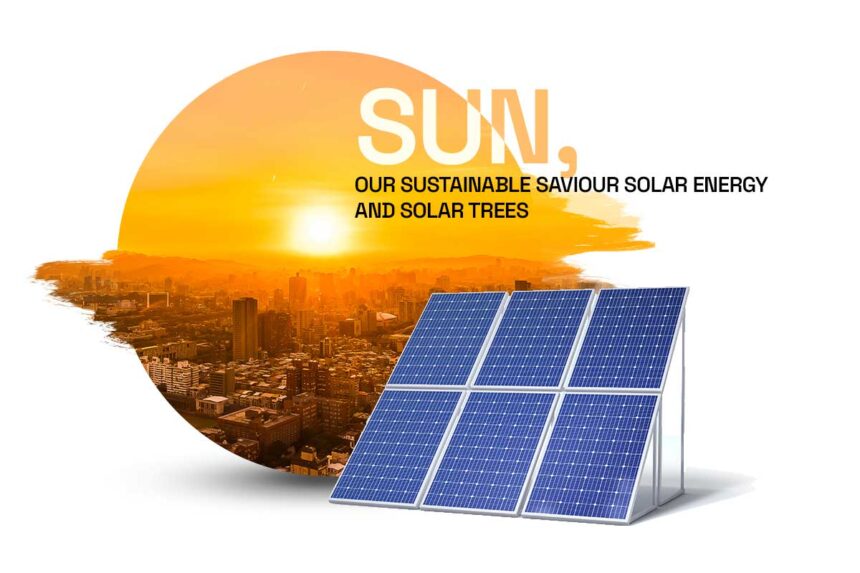The implications of energy resources for global politics and future conflicts are discussed in the section on geopolitics. Energy resources are both a major source of development and a source of conflict in the complex web of international politics. International relations are greatly impacted by the distribution control and use of energy resources which creates alliances and fuels conflicts. The geopolitical landscape is undergoing a profound transformation as the world moves toward sustainability. Examining how energy affects geopolitical dynamics and the likelihood of future conflicts this article explores the complex relationship between energy resources and world politics.
Energy Strategic Significance.
Oil and gas are two energy resources that have historically played a major role in determining the geopolitical environment. Nations with large reserves of energy frequently have a big say on the international scene. With its enormous oil reserves the Middle East is a prime example of this dynamic. The regions capacity to affect world oil prices and energy security highlights its geopolitical significance. One significant player in the world oil market for a long time has been the Organization of the Petroleum Exporting Countries (OPEC). OPEC decisions have the power to reverberate throughout the world economy impacting everything from the price of fuel to the stability of the economy. Countries that rely heavily on oil imports are especially susceptible to these swings which can strain relations between nations and cause geopolitical unrest.
Security of the Nation and Energy.
In terms of national security energy security is vital. To support their economies and preserve political stability nations work to guarantee a steady and reasonably priced energy supply. The need for energy security can result in strategic alliances as well as occasionally hostile relationships. With intricate webs of alliances and rivalries the battle for energy resources frequently transcends international boundaries. The rivalry between China and the United States is among the most prominent instances. Competition between the two countries is for control over important energy routes and supplies. Building infrastructure throughout Asia Africa and Europe is the goal of Chinas Belt and Road Initiative (BRI) which aims to secure energy supplies. Through strategic partnerships and energy exports the US has attempted to preserve its hegemony in the world energy markets.
The Transition to Sustainable Energy.
The geopolitical landscape is changing as a result of the global shift towards renewable energy sources which is being driven by concerns about climate change. The shift in power occurs as nations move away from fossil fuels and toward renewable energy. Countries with an abundance of renewable energy resources like hydropower solar power and wind power are primed to take the lead in the energy sector. New challenges arise with the rise of renewable energy. Minerals such as lithium cobalt and rare earth elements are essential for the manufacturing of renewable technologies like wind turbines and solar panels. Due to the concentration of these minerals in a small number of nations supply and control issues could potentially cause geopolitical unrest.
Conflicts and Collaboration in the Future.
Risks and opportunities are associated with the switch to renewable energy. One way that it could contribute to a more stable and sustainable energy landscape is by reducing reliance on fossil fuels. Conversely rivalry over vital minerals and authority over renewable energy technologies may lead to fresh hostilities.
To overcome these obstacles cooperation is going to be crucial. Cooperation among nations in the fields of energy distribution development and research can promote peace and reduce the likelihood of war. Global peace and prosperity can be promoted by ensuring that the advantages of renewable energy are distributed fairly through multilateral agreements and frameworks.
Conclusion
With the potential for both growth and conflict energy resources have always been a double-edged sword in world politics. Energy geopolitical ramifications are changing as the globe transitions to sustainable energy. Navigating the intricate relationship between energy and geopolitics requires an understanding of these dynamics. Global community can work toward more sustainable and peaceful future through promoting cooperation and fair access to energy resources.






